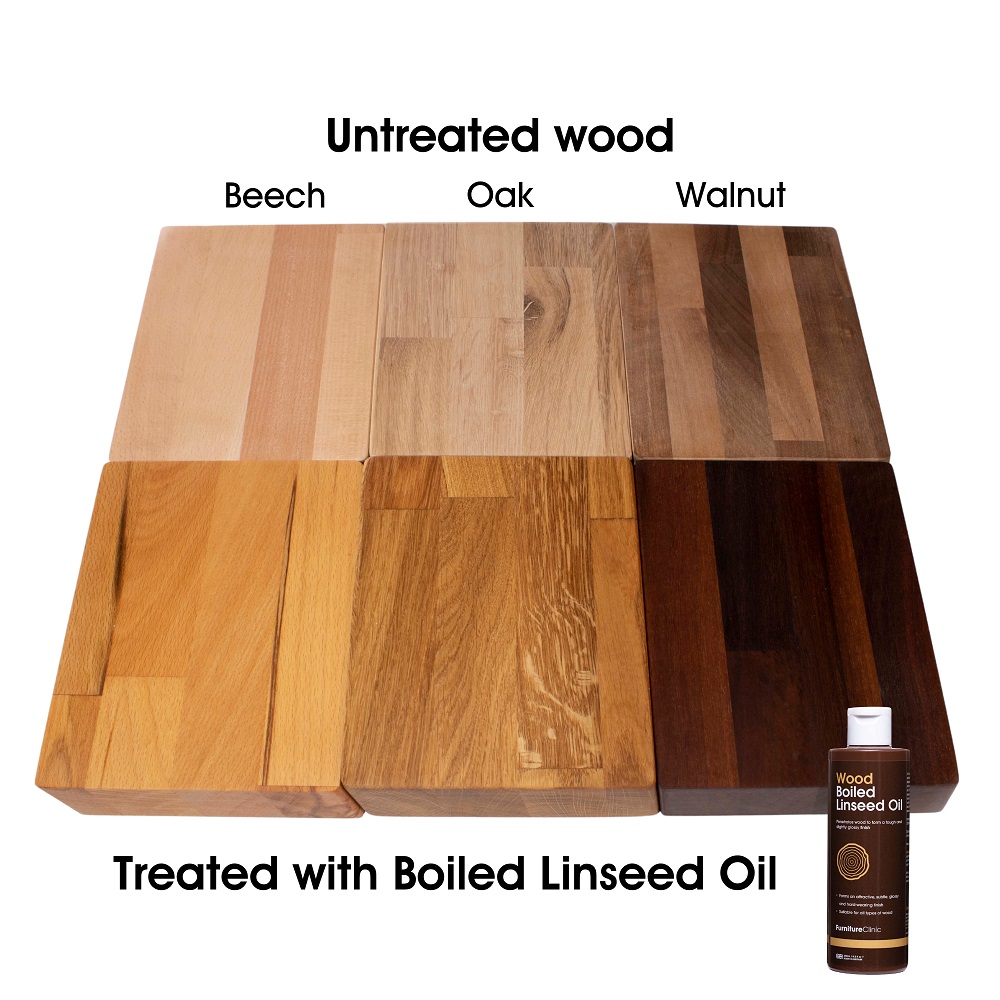When it comes to finishing or preserving wood, there are numerous options available. One unconventional method that has gained some attention is the use of motor oil. But does motor oil really make wood stronger? Let’s delve into this topic and explore the possibilities.
Using Spent Engine Oil as a Wood Finish
A quick search on the internet reveals various sources discussing the use of spent engine oil as a wood finish. Some DIY enthusiasts have reported positive results, claiming that it provides additional protection against water and moisture. However, it is essential to consider the potential downsides as well.
Motor oil does have hydrophobic properties, meaning that it repels water. Therefore, using spent engine oil as a wood finish may reduce water and moisture absorption in the wood. The impregnation of wood with waste engine oil has been shown to decrease these properties, as reported in a study published by MDPI.
The Drawbacks of Using Motor Oil as a Wood Finish
While motor oil may provide some level of protection, there are significant drawbacks to consider. One major concern is that motor oil does not fully dry, leaving the wood surface oily. As a result, dust and dirt easily stick to it, making the wood appear dirty and greasy over time.
Additionally, once motor oil has been applied to wood, it becomes challenging to paint or stain the surface. The oily residue prevents proper adhesion of paints or stains, limiting the aesthetic options for the wood. If the appearance is of little concern, using motor oil may be an acceptable choice. However, for those looking for a visually appealing finish, alternative options may be more suitable.

Credit: www.furnitureclinic.co.uk
Motor Oil and Wood Preservation
While motor oil may have some protective properties against water and moisture, it is not an ideal wood preservative. Wood preservatives typically need to penetrate the wood and harden to provide long-lasting protection. Motor oil does not harden, limiting its effectiveness as a preservative for wood.
Some sources suggest the use of linseed oil or tung oil as better preservatives for wood due to their hardening properties. These oils can enhance the durability of wood and protect it against rotting and fungal attacks. However, it’s important to note that using motor oil for preserving wood may not offer the same level of protection.

Credit: www.amazon.com
The Risks of Using Motor Oil on Wood
Another risk involved in using motor oil on wood is the potential damage it can cause. For example, gun oil, commonly used for lubricating firearms, can seep into the wood over time, resulting in soft and weakened wood. This gradual deterioration can negatively impact the structural integrity of the wood.
Furthermore, the evaporation of motor oil leaves behind little residue, reducing its effectiveness as a wood preservative. This evaporation process removes essential components from the oil that are necessary for preserving wood. As a result, it may not provide adequate protection against decay and other wood-damaging elements.
Conclusion
While some individuals have experimented with using motor oil as a wood finish or preservative, it is essential to understand the limitations and potential risks. Although motor oil may provide some level of water repellency and moisture resistance, it is not an optimal choice for long-term wood protection. There are better alternatives available that offer more reliable results and aesthetically pleasing finishes.
Before making a decision on how to finish or preserve wood, it is recommended to research and consider professional-grade products specifically designed for this purpose. These products typically offer superior protection, durability, and aesthetics, ensuring the longevity and beauty of your wood projects.
Read More:


